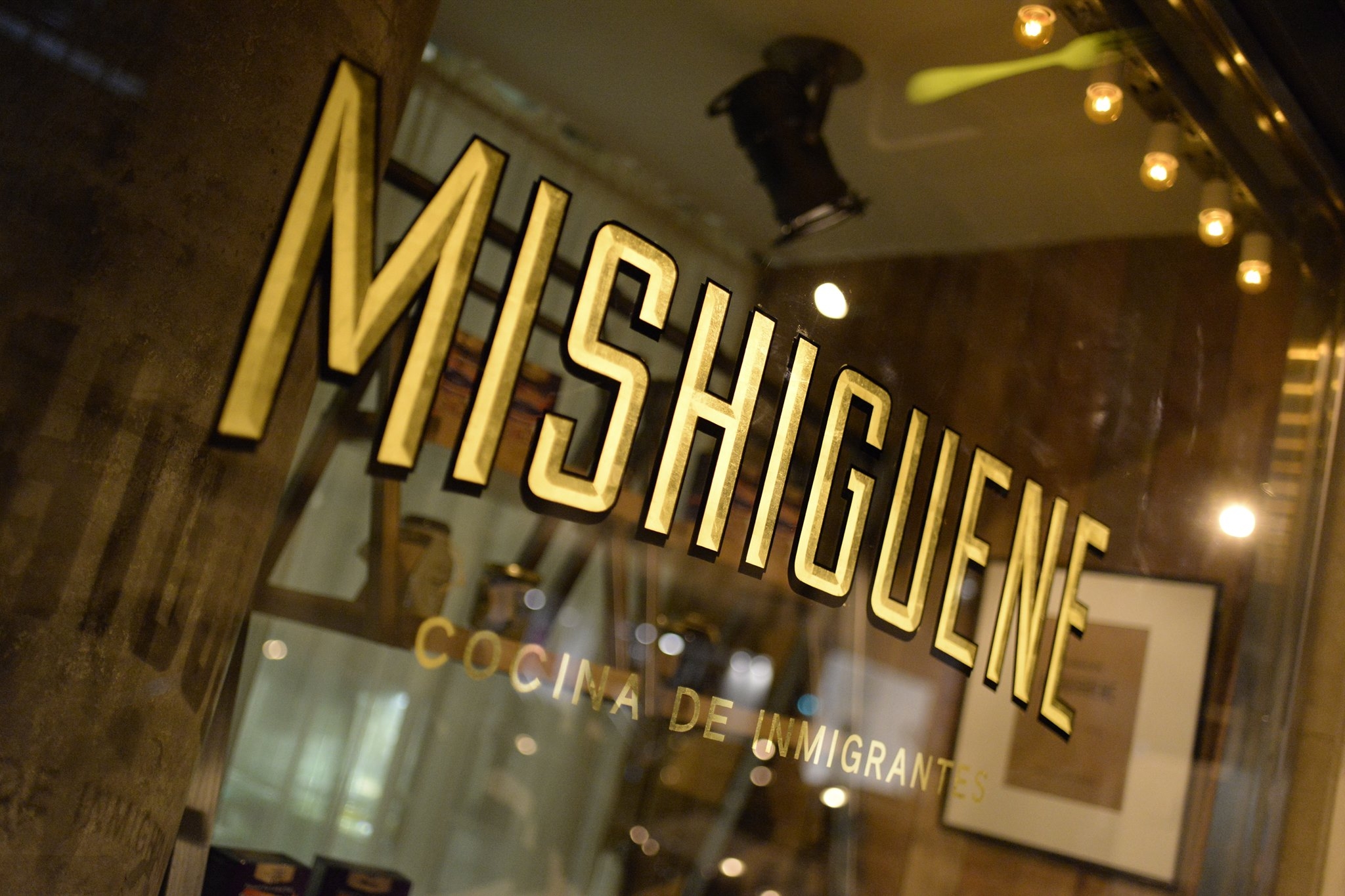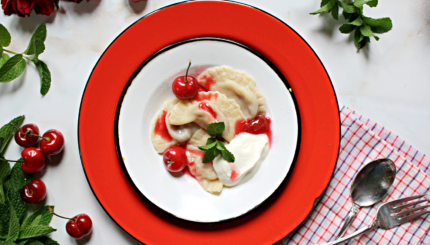The Jewish food renaissance is thriving not only in the U.S., but also in Argentina, where Jewish Argentinian chef Tomás Kalika opened his fine dining restaurant, Meshiguene: Immigrants Cuisine, and plans to open another.
Everything about Meshiguene, from its Yiddish name (meaning crazy) to the klezmer band that turns up every Friday night to the menu, is inspired, at least in part, by Jewish and Yiddish culture. According to The New York Times, there’s sous vide gefilte fish, hand made dumplings, pastrami cooked over open fire and delicious whole vegetables, grilled in style, to name a few of their mouthwatering specialties. The place might not be –the pastrami ice cream makes things pretty clear — but for Kalika, it’s still Jewish to the core.
The Times of Israel frames Meshiguene as “part of a broader trend of Jewish — but not strictly kosher — eateries in Buenos Aires, though it stands apart in its sophistication.”
If you’ve been enjoying the number of Jewish-inspired restaurants and delis that have cropped up lately, this might sound familiar. Jewish cuisine has captured the imagination and hearts of gourmet chefs everywhere from Boston to Miami. Jews and non-Jews alike flock to these hotspots, making Jewish cuisine a viable banner under which to open a restaurant.
The Nosher celebrates the traditions and recipes that have brought Jews together for centuries. Donate today to keep The Nosher's stories and recipes accessible to all.
Kalika blends the Russian and Polish Jewish cuisine that he grew up with, with the Israeli cuisine he learned while working in under Tel Aviv chef Eyal Shani (famous for his whole roasted cauliflower). He approaches Jewish food with French techniques and molecular gastronomy, serving up something familiar and totally novel at the same time.
At his new restaurant, Fayer, he’ll draw on a variety of Jewish cuisines and unify them under Argentinian cooking techniques like open-fire grilling, whose deep smoky flavor permeates every bite. This style of cooking, according to The Times, is what Kalika sees as “emerging Argentine-Jewish cuisine.”
Despite his gourmet approach, Kalika makes it known that “Bubbie’s are better.” Below are some recipes that we think capture the spirit of blending Jewish cuisine with that of other cultures and styles of cooking.
Pastrami Pizza
Cannoli Hamantaschen
Rainbow Cookies
Everything Bagel Sushi
Brisket Tacos
Za’atar Potato Skins
Hawaij Hot Cocoa
Grilled Cheese Latkes



